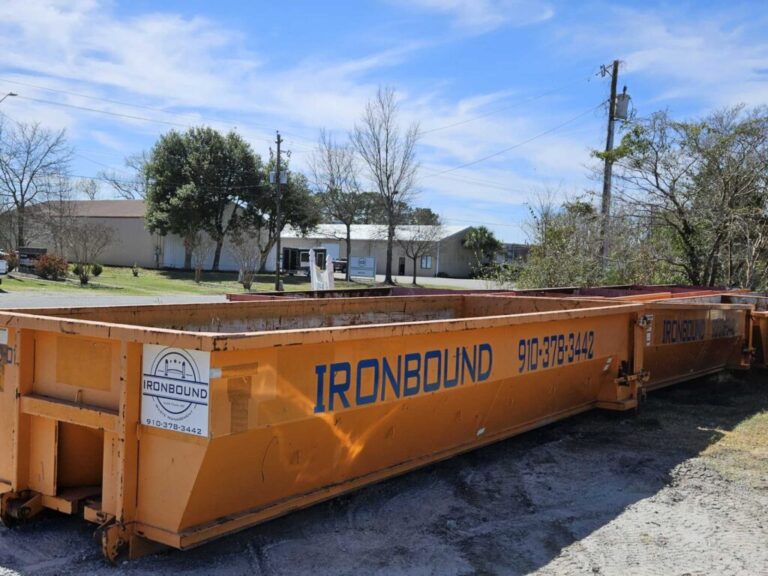Which Powder is Best For Reloading Specific Calibers?
For shooters who enjoy reloading, it is important to choose the right powder for specific calibers. A wrong choice can lead to poor accuracy or even injury.
There are many factors that determine which reloading gun powder is best for the job at hand. This includes the firearm, bullet weight and twist rate.
Fast-burning powders
Like the vast options of reloading supplies, there are several different types of reloading powders, including smokeless and black powder. These can be further categorized into fast, medium, and slow burning. The type of powder you choose for your specific caliber will depend on its application and your personal preferences.
Fast-burning powders create a higher peak pressure and burn up more quickly, making them ideal for target loads. They are often used in shotgun shells, as they need a faster burn rate to provide sufficient momentum for the pellets to travel down the barrel.
Fast-burning powders can also create a heavier recoil impulse, so they may be more suitable for rifle cartridges with shorter barrels. However, some powders can be used in both rifle and handgun applications. Using a powder with a higher burn rate can result in higher velocities, but the load must be carefully tested to ensure safety.
Medium-burning powders
Generally speaking, reloaders tend to select powders within a certain burn rate “range” for a given cartridge and bullet weight. This is due mainly to the fact that powders within this range have been proven over time to work well with the combination.
The shape of the grains can also make a difference in how well the powder performs. There are a variety of grain shapes available, with some being flattened spherical or ball in appearance. Some are haploid, oblong or tear drop in shape.
Some reloaders are able to achieve greater accuracy by selecting a medium-burning powder, such as Unique, for their pistol reloads. However, the shooter should be aware that if he/she is using an excessive amount of pressure, it can cause damage to the cartridge case or even the barrel. Therefore, it is always best to start with a light load and work up. This is true whether you are reloading for competition or hunting.
Slow-burning powders
Generally speaking, slow powders are better for heavier bullets and faster powders for lighter ones. However, this is a general rule and many factors must be taken into consideration. For example, different bore sizes and case capacities can make one type of powder work better with a particular bullet weight.
Another factor is the powder’s particle size and shape. Generally, slower powders have larger granules while fast powders have smaller ones. Also, the surface of the granules can affect the powder’s burn rate.
Some people base their loads on pressure data, but that data is often misleading. The reason is that the tests are conducted in vessels of a specific volume and pressure, and the results don’t always translate to the cartridges in handloaders’ rifles. Hence, the powders that perform well in pressure testing are not necessarily the best options for your caliber. The best way to find the right powder for your caliber is to use trial and error.
Medium-slow powders
There are many other factors that can impact the performance of your gun and ammunition, but understanding what makes a powder fast or slow will give you a solid foundation to build from. The shape of the grains, density, and burn rate are three key properties to understand.
For example, a slower-burning powder like IMR 4064 works best in the larger cases used for the M1 Garand. However, that same powder is not ideal for use in smaller limited-capacity cases. In those cases, a faster-burning powder, such as X Terminator is better suited.
It is also important to keep in mind that barrel length can change the pressure/velocity that a given caliber creates. It is a common myth that a particular powder will work best in a shorter barrel than it will in a longer one. Sticking to the load data that is available for a caliber/bullet weight will ensure consistency and optimal performance. The best way to get the most out of your reloads is to take proper safety precautions, invest in high-quality equipment, and practice with different grain sizes and powders to understand how they work.

